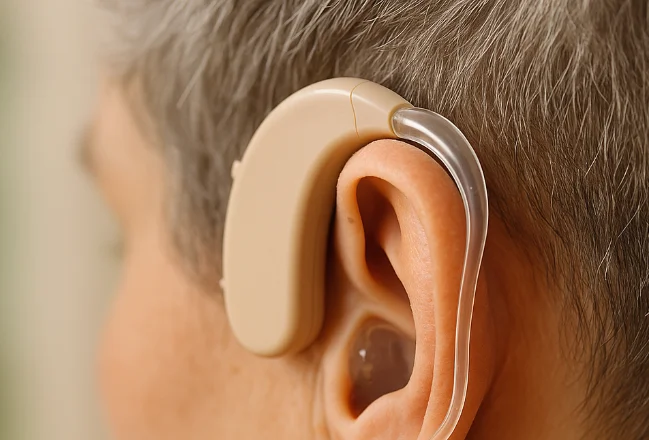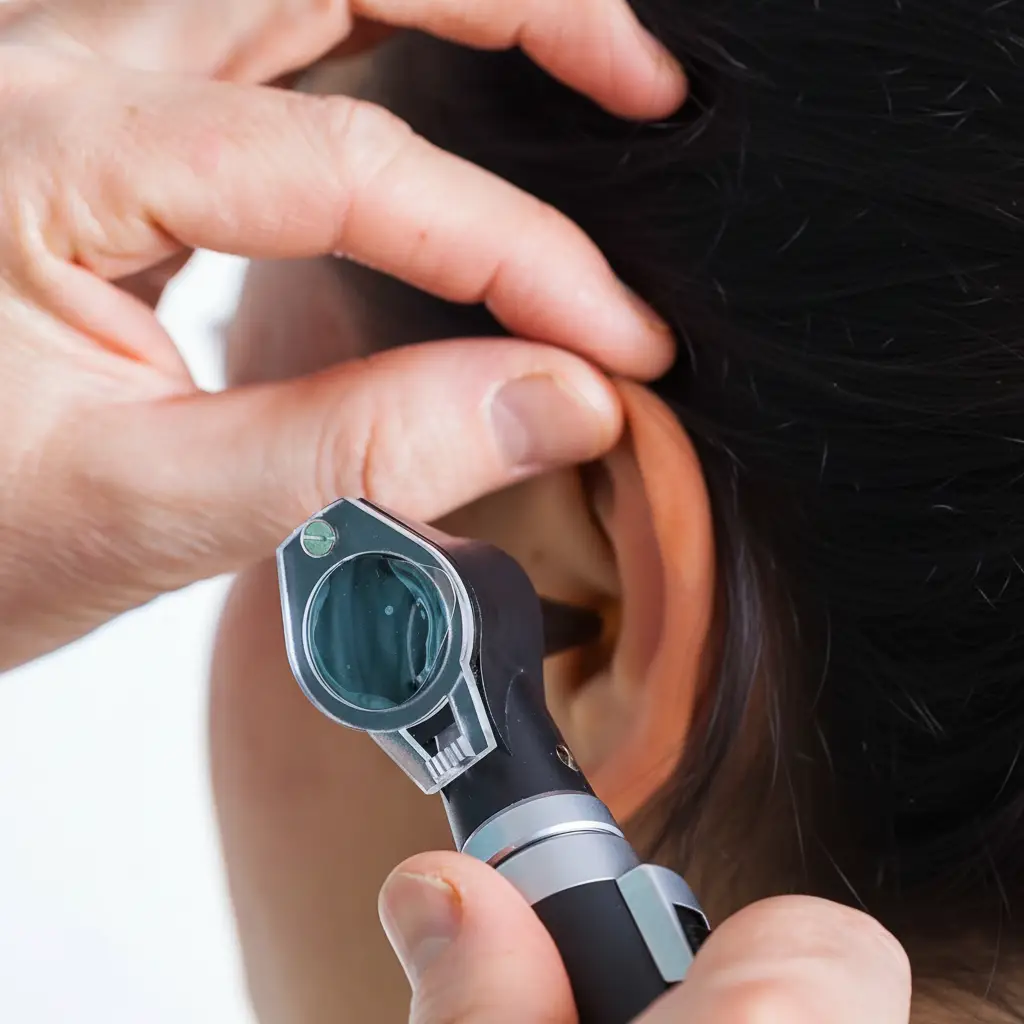Tinnitus and anxiety are closely linked, with many people experiencing both conditions at the same time. While anxiety is unlikely to directly cause tinnitus, it can significantly worsen symptoms. Conversely, persistent tinnitus often leads to anxiety and low mood, creating a cycle that can be difficult to break without professional support.
Tinnitus is a phenomenon where the afflicted hear a ringing, buzzing, hissing, whooshing or clicking sound in their ear or ears. In many cases the cause of tinnitus is obvious; such as exposing oneself to dangerously loud music or being in proximity to an explosion. But in other cases, the exact cause may be elusive. Studies have shown that many people who suffer from tinnitus also suffer from anxiety, but which came first may be difficult to pin down. In this post, we’ll look at the link between anxiety and tinnitus.
Anxiety and Tinnitus: How Are They Linked?
Research has shown that a high percentage of people with tinnitus also suffer from anxiety. The question is: Which came first?
Does Anxiety Cause Tinnitus?
The fact that people with tinnitus often experience anxiety is well-known. What’s not so well-known is which came first. Anxiety on its own is unlikely to be the cause of tinnitus although it most certainly can make it worse. There is no as-yet acceptable explanation of exactly how anxiety would generate tinnitus.
However, tinnitus should be considered an ear or brain problem in the first place and investigations are required. As part of the medical management of tinnitus, anxiety should also be considered and managed.
Does Tinnitus Cause Anxiety?
The answer to this question is much simpler and more straightforward: Yes, tinnitus causes anxiety in a high percentage of people who suffer from it. And that makes perfect sense.
When something negative happens the mind’s typical coping mechanism is some version of “this too will pass”. When tinnitus doesn’t pass it can cause a person to become anxious and even depressed.
If the person was already anxious before the tinnitus began it can exacerbate the situation, often causing them to have to seek help for both conditions.
Contact Harley Street AVM
There is no doubt a connection between tinnitus and anxiety. The question is: Which causes which?
If you have begun to experience a ringing, buzzing, clicking or hissing sound in one or both ears and it does not pass on its own, contact Harley Street AVM and make an appointment for an evaluation.





